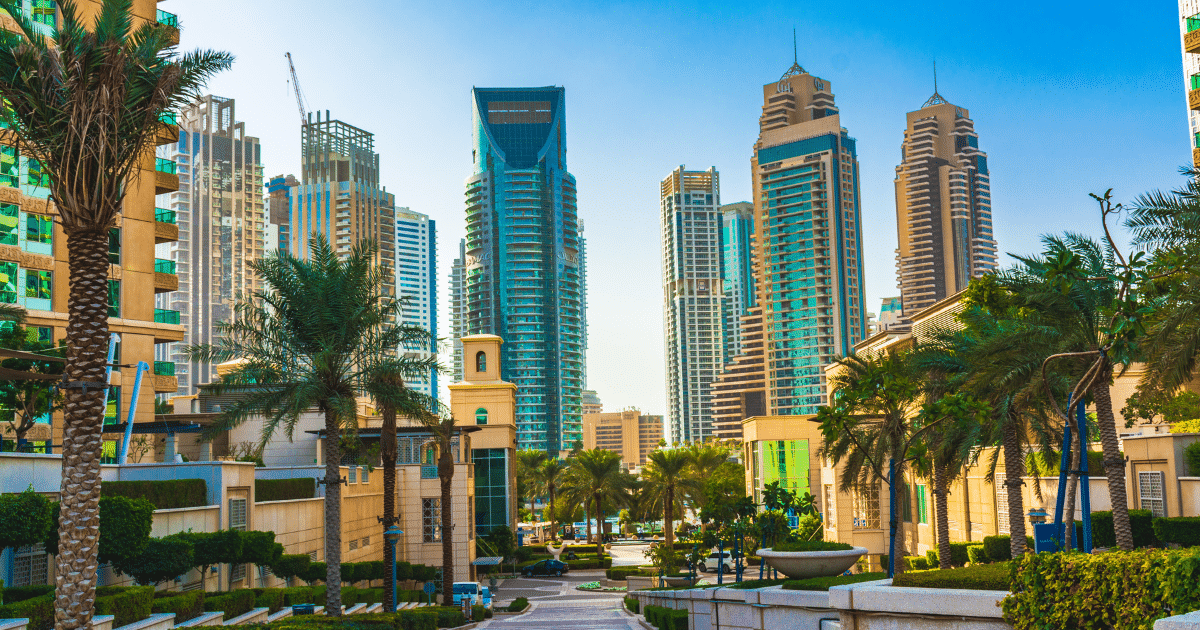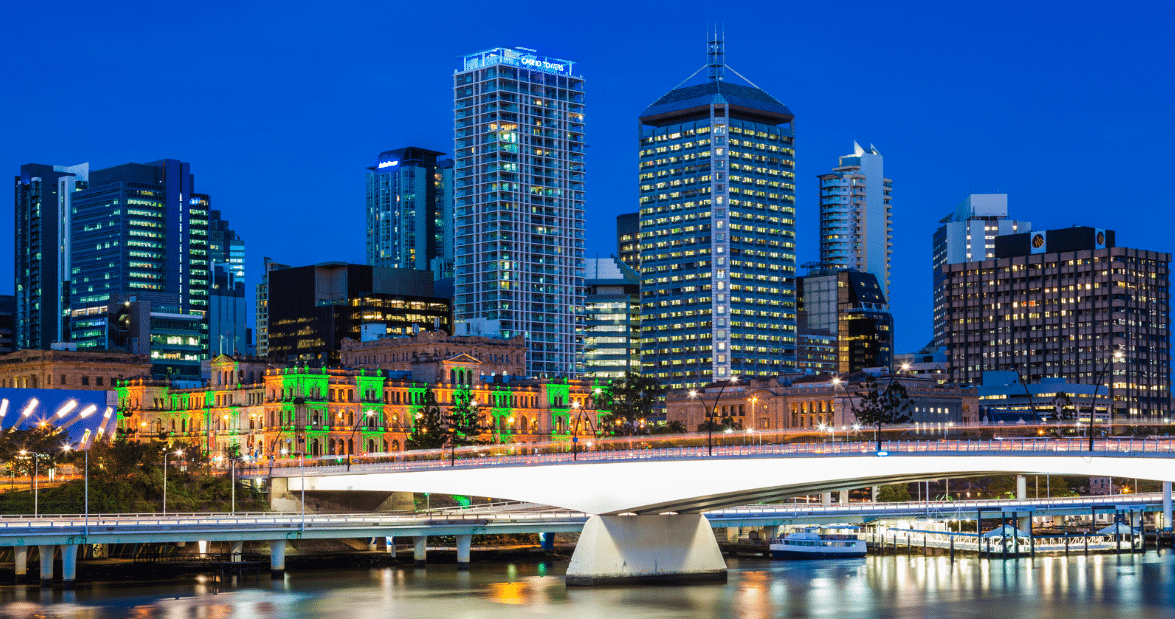New Zealand has splendid temporary immigration policies in place, but they can be even better, according to a report published by the New Zealand Institute of Economic Research (NZIER).
The report found that while New Zealand’s permanent migration policies are world-class, temporary migration policies such as the Recognised Seasonal Employer (RSE) program could do with some improvements.
Last year, another report by the Productivity Commission’s research on New Zealand’s frontier firms found that despite having a high level of immigration, New Zealand’s productivity and gross domestic product (GDP) did not experience a significant boost in line with the elevated migration numbers.
The Productivity Commission later asked NZIER to follow up on the research to determine how temporary migration to New Zealand impacts the country’s economy.
NZIER associate Julie Fry, a co-author of the report alongside NZIER principal economist Peter Wilson, said that there is minimal research done on the effects of temporary migration to New Zealand.
She said that despite New Zealand’s RSE program, global impact visa and permanent migration policies being nothing short of world-leading, there is still room for improvement, especially since New Zealand relies more heavily on visitors with work permits than any other OECD country per head of population.
The report also found that temporary migration to New Zealand could benefit both immigrants and their host communities, provided that the immigration policy was suitable for local conditions and that immigrants allowed into the country would complement the local skills and capital.
Previously, there were concerns regarding the RSE immigrants to New Zealand earning enough money, but the report concluded that RSE workers in New Zealand are happy, despite some issues remaining which need to be addressed.
The number of RSE workers in New Zealand rose by 128 per cent between 2007 and 2019. However, because of border restrictions to combat the Covid-19 pandemic, New Zealand’s $10 billion horticulture industry was left short of thousands of RSE immigrants.
With a potential review, New Zealand’s temporary migration policies could become just as world-class as its permanent migration counterpart, the report found.






